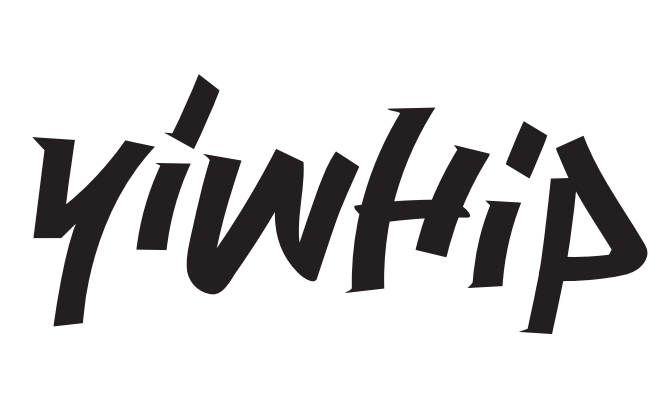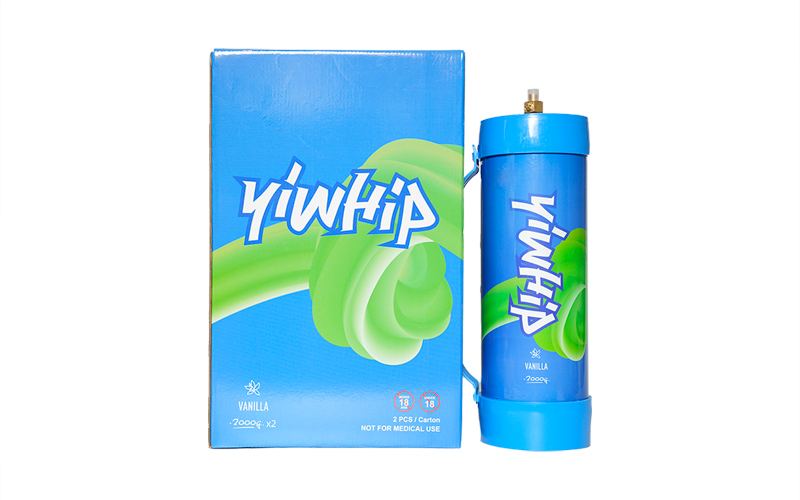Introduction: Strategic Sourcing for Nitrous Cream Chargers – Legal Industrial Uses First
The modern foodservice industry thrives on consistency, precision, and operational efficiency—and nowhere is this more critical than when sourcing compressed gas technology, especially within whipped cream dispensers. In today’s hyper-connected market, many entrepreneurs in the US and abroad are looking to **buy nitrous oxide charger suppliers who follow proper compliance procedures**. Whether managing a specialty café or large-scale dessert facility across Kenya's urban markets like Nairobi or Mombasa, understanding how to legally obtain, verify, and integrate reliable nitrogen-oxide supply channels has never been as crucial.
But what makes identifying reputable, quality-centric suppliers particularly complex? And why is it not just a question of procurement but a strategic business decision rooted in regulatory alignment?
Let’s explore.
Purpose and Relevance for Businesses Across Industries
Whipped cream chargers play an essential role across a number of legitimate food production verticals—beyond just cafes:
- Dessert lounges serving chilled mousse textures via N₂O dispensers.
- Microlot bakeries enhancing foam-based frostings without stabilizers.
- Frozen beverage trucks crafting nitrogen-aerated soft creams on-the-go in tourist-heavy areas like Malindi or Watamu.
- Caterers at premium Kenyan events using gastronomy-grade tools to enhance plated foams for gourmet presentations at private and luxury weddings in Nairobi and Nakuru alike.
This isn’t just convenience technology—it’s high-end equipment supporting artisan culinary execution with repeatable outcomes across all these scenarios
. Therefore, securing reliable cream charger suppliers means investing directly in product reliability, safety, customer satisfaction, and even insurance liability coverage for regulated food businesses.
When you're working with pressurized consumables, cutting costs now only leads to costly setbacks later—like expired canisters, unverified manufacturing sources, or worse: reputational risk during health department audits.
Sourcing matters—not just technically but legally. So let’s examine how this looks practically.
Beyond Basic Supplier Search: Understanding the Global Distribution Complex
Finding trustworthy nitrous suppliers within U.S markets isn't inherently difficult—if you're operating in a mature market with established regulations like California, Oregon, or New York City’s catering districts.
The trick lies in distinguishing true food-grade wholesalers from generic vendors flooding the marketplace online with non-industrial stock:
- Medical grade: Often misbranded—but unsuitable and sometimes legally off-limits for kitchen applications in some Kenyan localities depending on public safety directives.
- Retail brands sold by vape/entertainment-focused e-tailers: Risky if not compliant under FDA or relevant food service authority approval.
- Commercial food wholesale hubs: Costco and Sysco-style suppliers often have certified bulk offerings but usually target chain operators vs individual buyers or small restaurants lacking bulk minimum contracts.
In regions like Kenya or Sub-Saharan Africa, the distribution challenge is compounded further: import customs processes require documentation for gas canister clearance into national ports, such as those near Mombasa; additionally, import duties may make small-to-mid-tier orders unfeasible compared to sourcing from EU-approved suppliers closer geographically via Tanzania and Rwanda routes.
Thus—for any operation in Kenya importing cream-chargers—having visibility into both supplier vetting and customs logistics is imperative before placing initial orders overseas.
KPI Check #1: Identifying Top Tier Suppliers with Compliance Clarity
How do you separate low-risk providers from less transparent ones?
Ask these five key compliance-oriented questions before engaging:
- Does the charger manufacturer carry full catering appliance safety certifications recognized internationally? (ISO, NSF, ETL)
- Is documentation included proving each shipment has passed standard purity tests (e.g., nitrous oxide ≥ 99.99%)?
- What shipping practices are enforced in terms of gas classification—has the provider demonstrated adherence to ADR/RID hazardous materials regulation codes?
- Can proof be shown confirming they’re NOT marketing the canister outside of industrial context or offering vapor-friendly branding or accessories (a legal red-flag in many African territories)?
- If you need assistance coordinating freight, do they have experience dealing with third-party logistics (3PL) firms familiar with importing LNG Classified Gasses into Kenya?
If you find inconsistencies during these inquiries, it pays—in both financial and regulatory terms—to pause.
One false move could lead not only to wasted inventory, but potentially blocked access in the long run to future permitted imports.
It’s also why we highly recommend connecting to trade associations—such as USA National Restaurant Association-certified distributors, or reaching through B2B directories linked to Kenya Institute of Catering Management—to gain warm referrals toward ethical, compliant vendors.
Tactical Integration: Managing Logistics & Bulk Purchases Responsibly in International Contexts
Even with verified suppliers in the U.S, there's a layer of complexity when integrating international order fulfillment into your operations plan. You’ll encounter three logistical hurdles:
1. Customs Delays: Gas cylinders fall under
Nairobi Port's Category 5 Flammable Compressed Substances Clearance Process, and typically require extra inspections beyond ordinary cargo. Ensure your supplier includes detailed invoices and material composition sheets for smooth processing.
2. Freight Carrier Restrictions: Some common air carriers (DHL, UPS Air Freight segments for Kenya-bound goods) restrict compressed gas transport without specialized container packaging and trained handling protocol logs.
3. Storage Regulations Post-Delivery: Your facility should feature fire-safe chambers per Kenya’s Ministry of Industry, Commerce, Tourism, and Enterprises guidance—or face hefty fines during OSHA-style site evaluations down the line.
All these risks scale dramatically when purchasing in quantity. As such, start by ordering samples or microbatches through a partner freight firm already experienced with
imported industrial gas delivery in Nairobi or Kisumu area zones until full regulatory integration occurs.
Additionally, consider whether the vendor offers digital asset packs or localized support in Kenya or UAE branches to ease documentation handover and provide emergency replacements in case canisters get flagged during customs inspection or break down mid-shipping cycle.
These subtleties determine whether cream charger use boosts profitability versus becoming a recurring administrative and compliance headache.
Beyond Price Point Evaluation: Total Value Over Initial Investment
Too many new café owners or event chefs focus almost entirely on up-front price-per-cartridge metrics, overlooking the downstream implications associated with:
- Gear longevity: Low purity nitrous accelerates valve wear inside whipper tanks over repeated use cycles—doubling equipment maintenance expenses over a short term period.
- Consistent texture results: Poor gas purity compromises foam consistency—leading to increased waste per batch, especially during high-volume service hours at urban Kenyan eateries like those around Lavington Square or Karen Mall zones.
- Health & Safety Assurance Certificates: High-quality, tested NO₂ reduces contamination liabilities during inspections—an issue that could affect licensing renewal in counties following stricter KEPH protocols in Kiambu or Kericho jurisdictions.
Always assess the value ladder—not merely the lowest cost.
If a particular distributor advertises deeply attractive introductory rates but skimps on technical specs or fails to demonstrate prior export success with African partners—we suggest caution.
It doesn't pay to save $0.10/can and spend $40 later correcting errors through replacement parts repair or reordering lost consignment due to compliance mishandling. Prioritize long-range operational viability, and let price guide rather than dictate choices entirely.
Consider requesting usage guides or comparative data sheets directly during initial contact phases, so you can objectively benchmark vendors in advance.
In Summary: Choosing Quality & Responsibility Ahead of Volume-Driven Bargains
For ambitious Kenyan businesses—from fine-dining desserts in Kilimani estates to street food entrepreneurs pushing avant-garde foam-based beverages in Thika town center—who wish to adopt cream dispenser systems successfully must think beyond novelty.
Investing early into verified and certified **N
2O charger partnerships gives restaurateurs the edge in maintaining menu differentiation, flavor integrity control, and most importantly,**
a safe operational foundation that protects business license stability in tightly regulated zones governed by county-level health enforcement officials.
In an increasingly tech-savvy F&B climate driven by aesthetics and speed, professionalizing your approach towards consumables like nitric canisters helps solidify brand identity—responsibly.
The real winners won’t be the quickest startups racing into foam innovation—they’ll be those that survive scrutiny because their foundations were laid wisely, transparently, and strategically, with every ingredient carefully selected, traceable, documented... and purposefully justified under current East African policy frameworks regarding industrial gasses use within kitchens across Kenya.
Choose quality. Think sustainability. Source smart.

